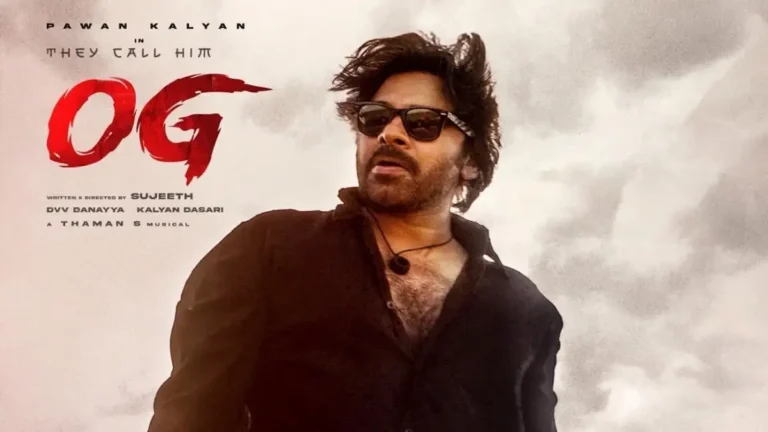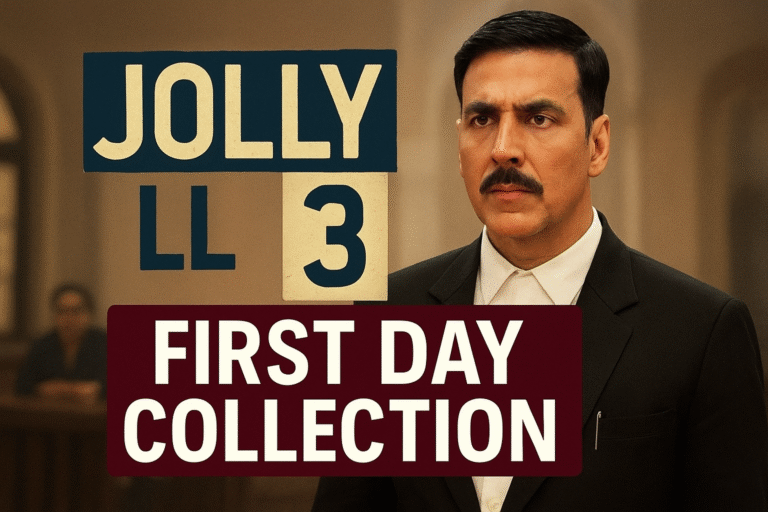Introduction: A Real-World Spy Thriller Rooted in Truth
Tehran propels viewers into a high-stakes espionage drama, inspired by the 2012 bomb blast targeting Israeli diplomats in Delhi. Directed by Arun Gopalan and streaming exclusively on ZEE5, the film interweaves geopolitical tension, national duty, and personal tragedy. It marks a mature step from Indian spy cinema, offering nuance over jingoism.
Plot and Political Landscape
The film opens with a deadly car bomb near the Iranian embassy. Among the casualties: a flower-selling girl known personally to DCP Rajeev Kumar (John Abraham), transforming a cold-blooded act of terrorism into a deeply personal vendetta.
As Rajeev delves deeper, diplomatic caution tugs at the investigation. With both Iran and India pulling back, he forges ahead alone—setting the stage for a tense, unsanctioned mission against the forces behind the attack.
Performances: Depth Beyond Spectacle
John Abraham steps away from explosive action heroics into a quiet, emotionally complex role. His embodiment of Rajeev’s moral conflict marks a high point in his career.
Manushi Chhillar as SI Divya Rana may have limited screen time, but she leaves a lasting impression with conviction and poise.
Neeru Bajwa, playing diplomat Sheilaja, enriches the political canvas with authoritative presence and emotional gravity.
Hadi Khajanpour, as antagonist Asraf Khan, brings a chilling restraint—avoiding caricature while embodying ideological menace.
Writing & Narrative Tone
The screenplay—by Ritesh Shah, Ashish P. Verma, and Bindni Karia—approaches its sensitive subject matter without simplification. It balances tight, compelling plot turns with quieter human moments, refusing tidy resolutions.
The mid-film shift—Rajeev stepping outside the system—amplifies the moral stakes, bridging duty and vengeance.
Technical Craft: Visuals, Sound, and Pace
Cinematography by Ievgen Gubrebko and Andre Menezes excels at setting tone through environment—Delhi’s warm, chaotic streets contrast sharply with the cold precision of foreign operations.
Editing by Akshara Prabhakar keeps the story taut and emotionally pitched, blending urgency with introspection.
Score and Music by Ketan Sodha holds back from melodrama, heightening suspense subtly. Meanwhile, the track “Ishq Bukhaar” by Tanishk Bagchi punctuates the narrative without drowning it.
Highlights & Critic Feedback
-
India Today praised the film’s sensitive portrayal of the human cost in conflict.
-
Times of India lauded its authenticity and craftsmanship despite dense plotting.
-
Firstpost called it John Abraham’s career-best performance after Diplomat.
-
Filmfare highlighted the ensemble’s realism and the film’s intelligent design.
-
Filmibeat, The Brew, and Moneycontrol Hindi echoed the praise—excelling in realism, depth, and emotional intelligence.
-
Some reviews (e.g., Bollywood Hungama) noted Chhillar was underused and that the emotional arc occasionally lagged.
Cultural Sensitivity & International Scope
In a recent interview, John Abraham emphasized that Tehran isn’t just a thriller—it’s deliberate, respectful storytelling spanning India and Iran. The production handled the subject matter with careful insight—a big step toward thoughtful international cinema from India.
Conclusion: A Milestone in Indian Spy Cinema
Tehran defies typical genre trappings. It’s not a high-octane spectacle—it’s a nuanced, emotionally grounded geopolitical thriller that asks more, provokes thought, and respects its audience.
If you’re looking for a spy drama that challenges as it entertains, Tehran delivers. Its layers—personal grief, diplomatic tension, moral ambiguity—make it a standout addition to global thriller cinema.






